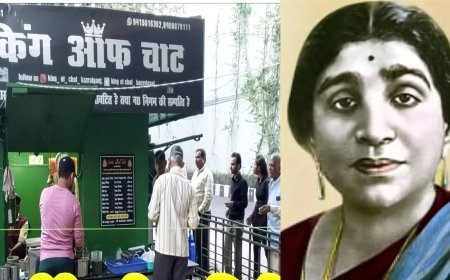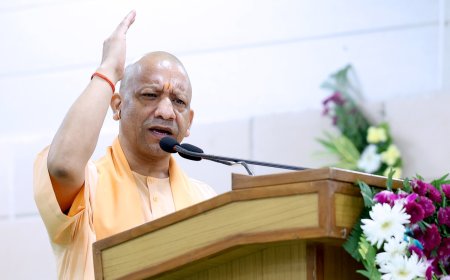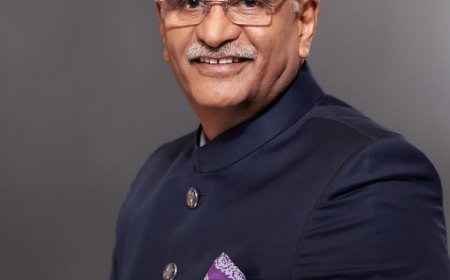COP 33 and India: Green Bid for Global Climate Leadership
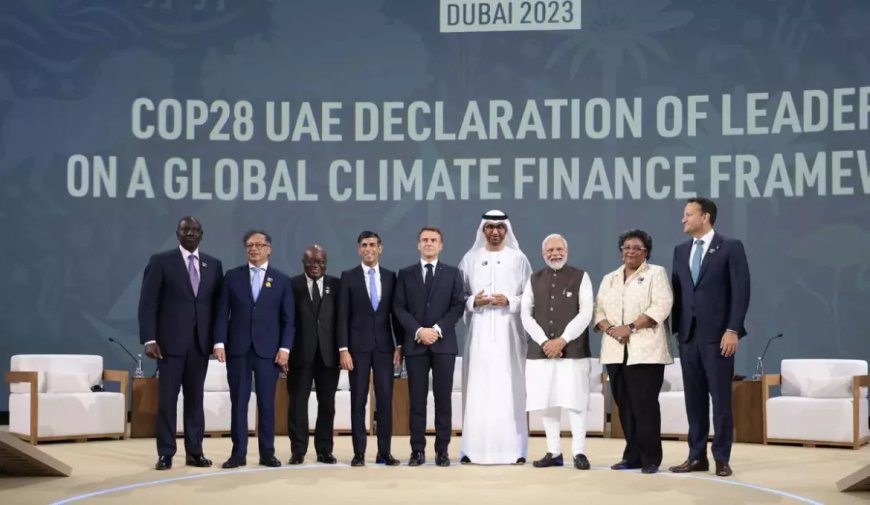
India’s formal bid to host the 33rd Conference of the Parties (COP 33) to the UN Framework Convention on Climate Change (UNFCCC) in 2028 is more than a symbolic gesture. Proposed by Prime Minister Narendra Modi at COP28 in Dubai in 2023, the move reflects India's aspiration to emerge as a global climate leader, especially on behalf of the Global South. Backed by key blocs like BRICS, India’s candidacy comes at a critical juncture in global climate discourse. This article explores the geopolitical, environmental, economic, and logistical implications of India’s ambitious bid.
Leadership of the Global South
India’s campaign to host COP 33 is closely linked to its rising diplomatic stature, especially as a voice for developing nations. Following its impactful G20 presidency in 2023 and active role at COP28, India has increasingly framed itself as a champion of equity in climate governance. By hosting COP 33, India hopes to amplify the concerns of the Global South—such as fair carbon budgets, climate justice, and the need for developed nations to make deeper cuts in emissions while offering more financial and technological support.
India’s stance received a boost from the 2025 BRICS Summit, where member nations expressed support for India’s bid and called for stronger climate action that accounts for development needs.
Why COP 33 in 2028 Matters
The timing of COP 33 aligns with the second Global Stocktake (GST) of the Paris Agreement—a critical checkpoint to evaluate global progress on climate targets. Hosting this key summit would give India a chance to shape the narrative around the GST, advocate stronger accountability for developed nations, and lead efforts to fill the glaring gaps in climate finance and mitigation.
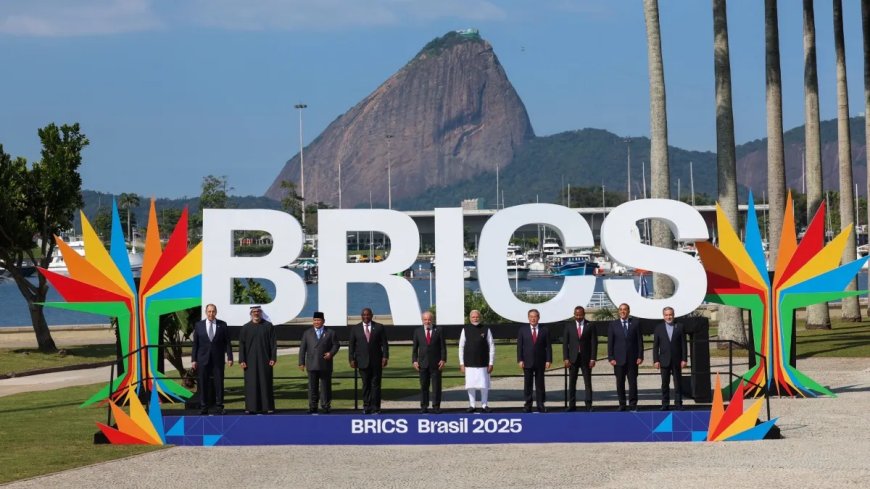
Showcasing India's Climate Credentials
India’s pitch to host COP 33 is bolstered by its record of meeting climate goals early. It has already achieved its emissions intensity target 11 years ahead of schedule and met its non-fossil fuel energy target nine years early. With less than 4% of global carbon emissions and 17% of the world’s population, India’s per capita emissions remain low.
At COP28, India launched the Green Credit Initiative and promoted platforms like the International Solar Alliance and Global Biofuels Alliance, signaling its intent to lead global efforts through inclusive and scalable solutions. Hosting COP 33 would provide the ideal opportunity to institutionalize these programs on a larger stage.
Pushing the Climate Finance Agenda
India has long criticized the inadequacy of climate finance from the developed world. Its leaders argue that the scale of finance required by developing nations runs into trillions—not billions—and that existing mechanisms are slow, complex, and inequitable.
By hosting COP 33, India could rally support for reforms in international climate financing bodies like the Global Environment Facility and call for innovative funding methods, including taxes on aviation or maritime emissions and repurposing fossil fuel subsidies.
Domestic Climate Challenges and Contradictions
While India aspires to climate leadership, it also faces serious climate-related vulnerabilities at home. Floods, heatwaves, and droughts continue to affect states like Assam, Bihar, and West Bengal, yet budgetary allocations for adaptation and resilience remain limited. Additionally, India’s continued reliance on coal and fossil fuels draws criticism, especially when pitching for green credentials.
Environmental experts stress that for India to be seen as a credible host and leader, it must accelerate its energy transition and demonstrate stronger domestic climate action. Initiatives like the Green Credit Programme and Mission LiFE must translate into real-world impact.
Implementation and Accountability Gaps
Skeptics argue that India’s ambitious climate plans often fall short on implementation. While initiatives like the International Solar Alliance have global appeal, monitoring their effectiveness remains a challenge. Hosting COP 33 will bring intense international scrutiny, and India will be expected to show not just ideas, but results—clear, measurable, and timely.
Logistical and Diplomatic Complexities
India last hosted a climate COP in 2002 (COP8), but COP 33 will be far more complex. The summit is expected to draw over 70,000 delegates, requiring massive investments in infrastructure, security, transportation, and sustainability. There are also diplomatic hurdles. The COP presidency is decided regionally and through consensus, so India must secure the Asia-Pacific bloc’s unanimous support while meeting UNFCCC procedural requirements.
Despite support from BRICS, India will need sustained diplomatic outreach to ensure success.
Economic and Social Impact
Hosting COP 33 could bring significant economic dividends. India’s growing renewable energy sector—already at 220.10 GW as of March 2025—could attract fresh investment. The green economy, including clean mobility, energy-efficient housing, and eco-tourism, could receive a boost, generating jobs and innovation.
Socially, India’s focus on participatory models—like engaging local communities and Indigenous populations in climate efforts—can set global examples for inclusive climate action.
What's Your Reaction?










